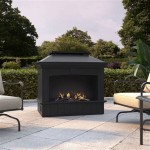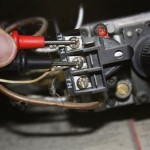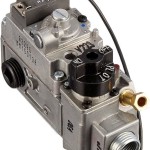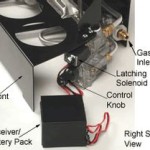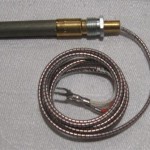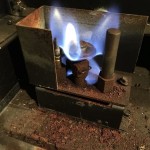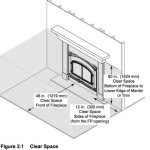Essential Considerations for Log Home Fireplaces
Log homes embody a rustic and cozy charm, and a fireplace is an integral element in amplifying that ambiance. However, selecting and installing a fireplace in a log home requires careful consideration of specific aspects to ensure safety, efficiency, and aesthetics.
1. Material Selection
Fireplaces in log homes typically utilize natural materials that complement the overall aesthetic. Stone, brick, and steel are popular options. Stone provides durability and a timeless appeal, while brick offers insulation and a classic touch. Steel fireplaces are sleek and modern, adding a contemporary edge to the space.
2. Fireplace Location
The location of the fireplace significantly impacts the heat distribution and ambiance. Consider factors such as the size of the room, airflow, and proximity to combustible materials. A centrally located fireplace maximizes heat distribution, while a corner fireplace creates a cozy nook.
3. Type of Firebox
The firebox is the heart of the fireplace, and there are two main types to choose from: masonry and prefab. Masonry fireboxes are custom-built from brick or stone and offer a traditional, authentic look. Prefab fireboxes are pre-fabricated and easier to install, providing a wider range of design options.
4. Fuel Source
Log homes traditionally utilize wood-burning fireplaces, providing the warmth and crackling ambiance of a real fire. However, modern options include gas fireplaces, which offer convenience and cleaner burning. Pellet-burning fireplaces are an environmentally friendly alternative, using compressed wood pellets as fuel.
5. Chimney and Venting
The chimney and venting system are essential for safely expelling combustion gases. Ensure that the chimney is properly sized and constructed to handle the specific fuel source. Cap the chimney with a damper to regulate airflow and prevent downdrafts. Adequate venting provides fresh air for combustion and prevents smoke buildup.
6. Safety Considerations
Fireplace safety is paramount in log homes. Proper clearance to combustible materials must be maintained, and a fire screen or doors should be used to prevent embers from escaping. Regularly clean the fireplace and chimney to remove creosote buildup, which can cause chimney fires.
7. Aesthetic Appeal
The fireplace should complement the architectural style of the log home. Consider the size, shape, and materials used in the fireplace surround. Enhance the aesthetic appeal with decorative elements such as a mantel, hearthstone, or intricate carvings.
8. Efficiency and Heat Distribution
Ensure that the fireplace is properly sized for the space it heats. Consider the use of a fan or blower to improve heat distribution and maximize efficiency. Proper insulation around the fireplace and chimney prevents heat loss through the roof or walls.

Arcd 6538 Cabin Fireplace Home Log Homes

Animal Kingdom Planning A Log Home For Jack Hanna Cabin Fireplace Cozy Homes

Standout Log Home Fireplaces Bold And Breathtaking

Standout Log Home Fireplaces Bold And Breathtaking

Planning A Log Home Fireplace Honest Abe Homes Cabins

Creating An Efficient Log Home Fireplace

Log Cabin Fireplaces Your Inspiration Hub

Standout Log Home Fireplaces Bold And Breathtaking

Log Cabin Fireplaces Your Inspiration Hub

Log Home Fireplace Archives Eloghomes
Related Posts

